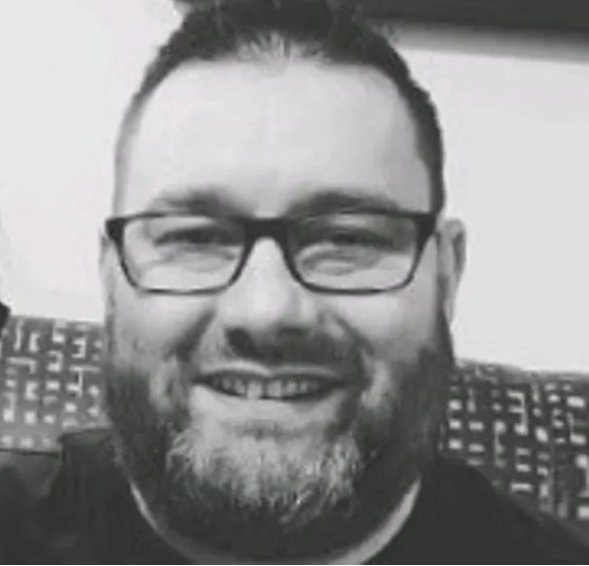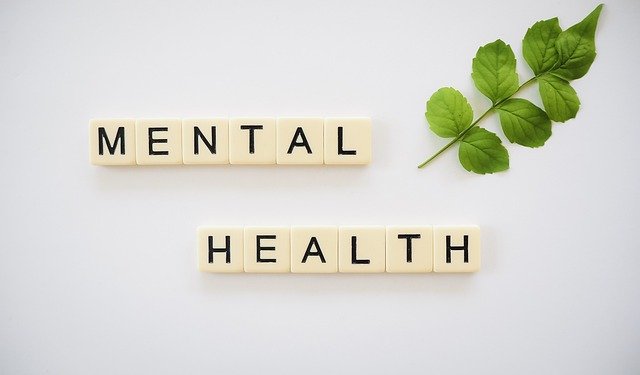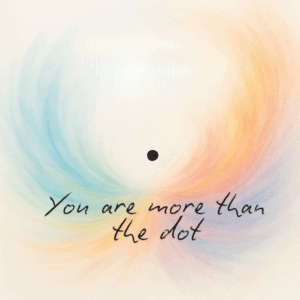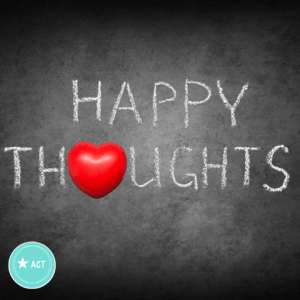Introducing John Meaney
It gives me great pleasure to be introducing John Meaney as this weeks guest blog writer and Mental Health First Aider Instructor. I have known John for many years, amongst his many talents John is a Mental First Aider Instructor and Life Coach. John will be talking a little about mental health but more importantly the role of Mental Health First aiders. He’ll share how the first aiders can support wellbeing. Sometimes we needs someone to look out for us, especially in times when we are unable to do so for ourselves.
(Note: MHFA stands for Mental Health First Aiders )
Mental Health what is it?
To put it simply, “WE ALL HAVE MENTAL HEALTH”. It can be good, or it could be poor mental health. Mental health includes our emotional, psychological, and social wellbeing. Mental health has a massive effect on how we think, feel, and act. Our own thought processes can affect how we feel, not just mentally but physically as well. Our minds and bodies are a linked system, so a glancing thought can have a tremendously positive or negative affect on the mind and body. External stimuli, like the work environment, will do the same. Something could happen around us (e.g. a negative comment towards us) and negative feelings and emotions can rush through our bodies. Unchecked these negative thoughts and feelings can quickly turn into mental ill health conditions or illness.
In order to understand mental health, we must first understand what triggers us to be happy or sad. Is it our own thoughts and feelings, or are there external factors as well? Or maybe its a bit of both causing quite a bit of stress in our body mind system. Being aware of these triggers can help us manage our own thoughts and feelings, leading to better wellbeing. However it isn’t always easy to maintain our wellbeing in all circumstances, this is where sometimes external support like MHFA is useful.

The Fight or Flight Response
You may have heard of our fight or flight response. The fight or flight response starts when there is a perception of danger. This creates the release of hormones, that prepare our bodies to either stay and deal with the threat (fight) or to run away to safety (flight). The term ‘fight-or-flight’ represents the choices that our primitive brain makes when faced with a danger in the environment. You could fight, flee, freeze, fawn, faint, fright or flag. It’s an automatic physiological reaction, beyond your conscious control, to an event the brain perceives as dangerous. This automatic response helps us to react, in the moment, to save ourselves.
Effect of the Fight or Flight Response
Short term, these feelings will do no harm. However in the long term they can have a very profoundly negative affect on our minds and bodies. These negative feelings may turn into anxiety and depression and depending on the circumstances they may turn into post-traumatic stress disorders. A lot of us will have suffered poor mental health and you will almost certainly know people around you who have poor mental health. 1 in 4 people will suffer a poor mental health condition throughout their lifetime. That’s 25% of the population. Depending on the severity of the poor mental health, help may be needed from GP’s and other health professionals.
In more severe cases, mental illness can cover things like psychosis, eating disorders and schizophrenia, just to name a few. Usually these require long term care and medical attention, as recommended by healthcare providers.
However there is hope, with the correct treatment, those with mental ill health conditions and disorders can recover or be supported to live normal lives.
Cost of poor Mental Health
Poor mental health carries an economic and social cost of £105 billion a year in England and £10.8 billion a year in Scotland. In 2018 in Great Britain, there were 595,000 cases of work-related stress, depression or anxiety. These cases lead to 15.4 million working days being lost. So it is not only important for the individuals wellbeing but is also important to business success.
The GOOD NEWS is we are now able to help reduce these numbers by having MHFA in our businesses and organisations. The organisations can also be voluntary organisations such as youth groups, scouting / guiding groups etc.
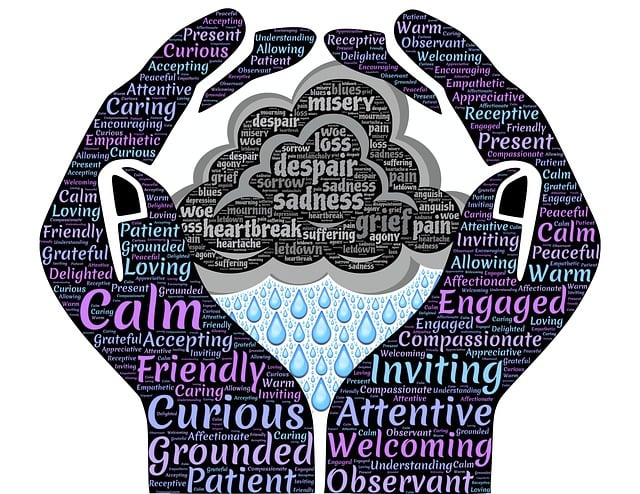
But what is a mental health first aider?
Sometimes we needs someone to look out for us, especially in times when we are vulnerable and unable to do so for ourselves. This is where Mental Health First Aider come in. They are trained to spot signs of mental ill health and are also trained to raise any concerns, discretely and sensitively, with the individual or within the organisation. They are an ever vigilant, alert, informed support network.
Mental health first aid provides initial support to a person experiencing a mental health problem, until professional help is received or until the crisis is resolved.
This includes:
- Alleviating suffering by providing immediate comfort and support.
- Promoting recovery of good mental health by signposting and obtaining professional support.
- Preventing the condition from developing into a more serious problem.
- Preserving life where a person could be a danger to themselves or others.
- Working at reducing stigma around mental health.
The knowledge, care and motivation of Mental Health First Aider can help chip away at the above figures of cases.
The First Aiders are a willing, caring and confidential friends when you most need them.
Conclusion
(This is bit is by Andrzej the ACT Hypnotherapist)
Thank you John for sharing your insights into mental health and in particular the role of MHFA. Having completed one of John’s course I can confirm that John is knowledgeable and passionate about his subject.The more we know about mental health the more can be done about any ill health preventing it getting worse.
Remember “When the “I” is replaced by “We” Illness becomes Wellness”. Shannon Adler
The solution focused hypnotherapy (SFHT) insight
From the SFHT perspective the first aiders naturally falls into the 3P strategy, i.e. Positive Interaction, Positive Action and Positive Interaction. When we do any of the 3Ps we generate the wellbeing neurotransmitter Serotonin, which helps us feel good, relaxed and more resourceful.
The MHFA role, describe by John, comes under Positive Interactions. The first aider provides a safe, confidential, understanding and friendly interaction with their colleagues.
The MHFA creates an opportunity, and makes it easier, for anyone suffering from poor mental health to take Positive Action and reach out for help. Additionally the MHFA also can take positive action by reaching out to someone that maybe struggling with ill health and my not be aware of it. The MHFA also signposts individuals to where they can get help, see below.
And as for Positive Thinking, the MHFA promotes positive thinking and helps reduce the stigma around mental health.
And Finally
The MHFA signpost individuals for support, with solution focused hypnotherapy being one form of support.
Sometimes more focused specific help is needed around anxiety, depression, phobias, OCD etc. This is where many people have found hypnotherapy to be very useful. Hypnotherapy helps you raise your serotonin and address any negative self talk you maybe experiencing. It keeps you relaxed even in stressful times and much much more. These strategies help enormously, see how it has helped others (Testimonials).
So if you want to find out how ACT Hypnotherapy Swindon can help you with anxiety, depression, OCD etc., or just want to find out more about how we work, contact us for a FREE, no obligation initial consultation. During the consultation you will learn how the brain works, how we create anxiety, depression etc. But more importantly what we can do about them. Remember you have nothing to lose and everything to gain.
